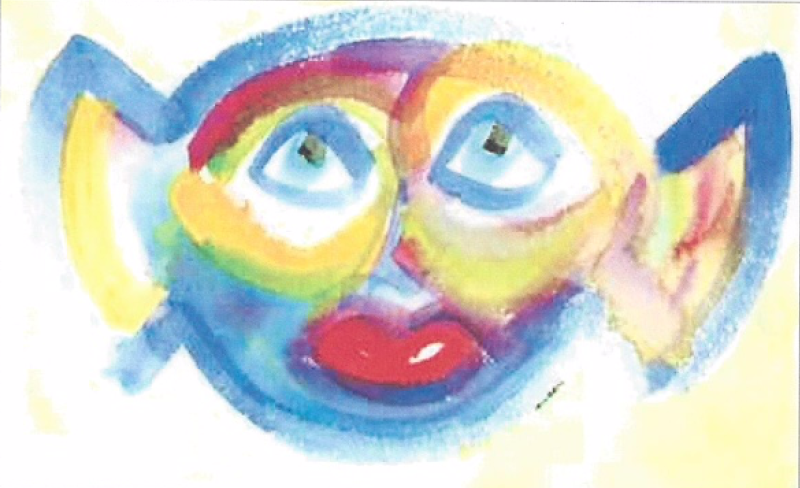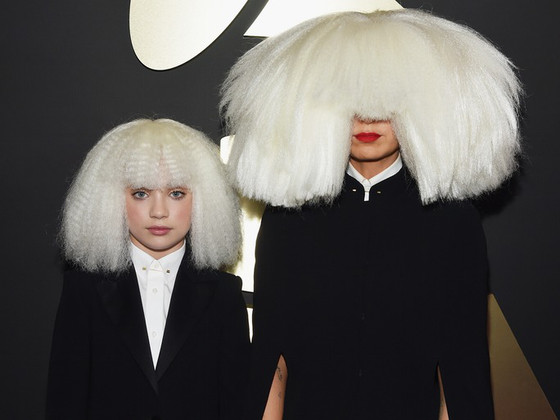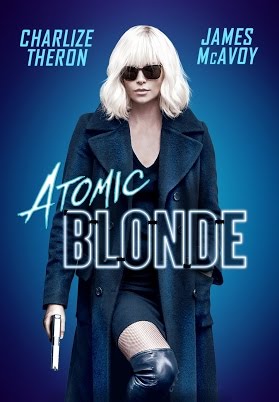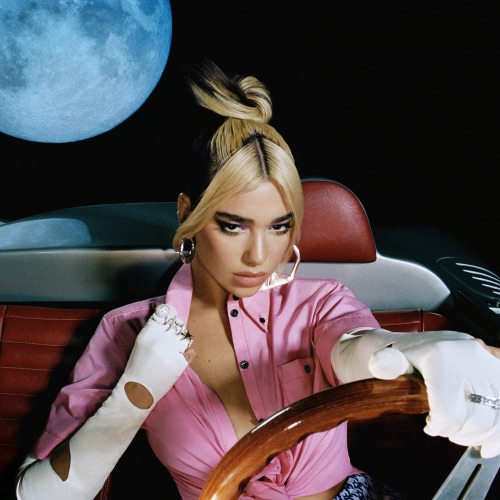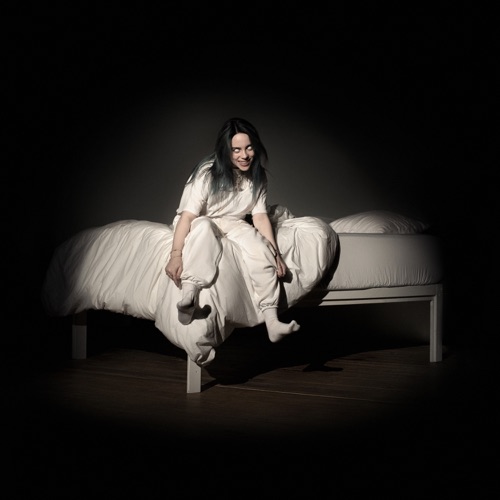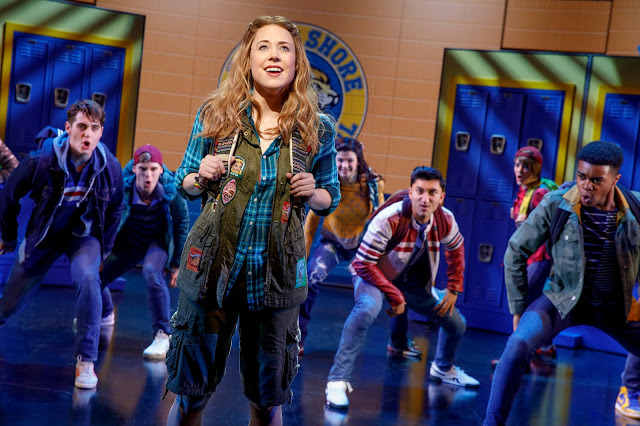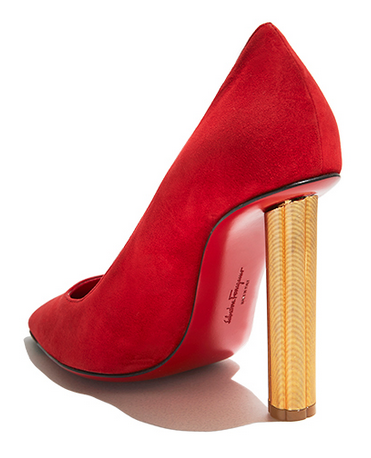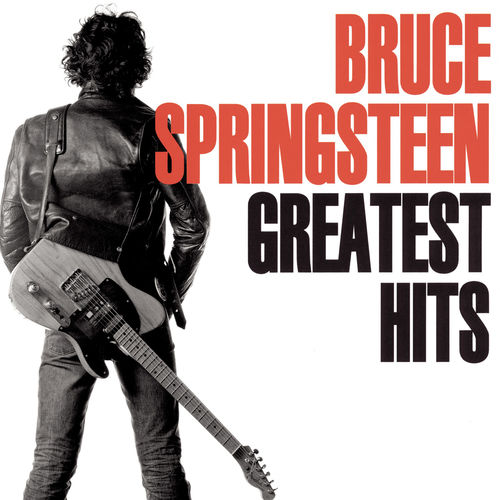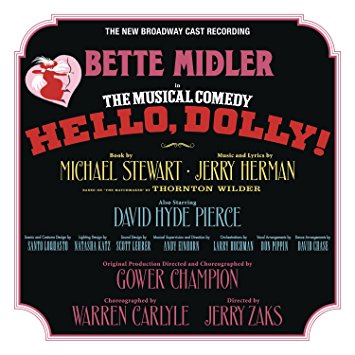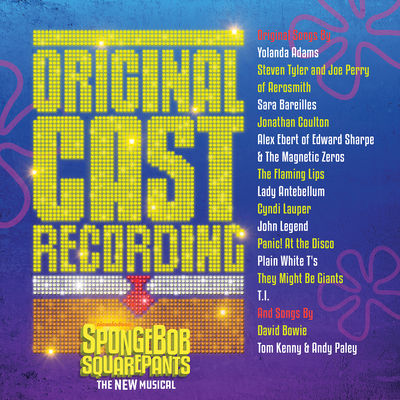'KISS ME, KATE' - A RAPTUROUS REVIVAL OF COLE PORTER'S CLASSIC
 Sunday, March 24, 2019 at 7:54AM
Sunday, March 24, 2019 at 7:54AM  Kelli O'Hara and Will Chase
Kelli O'Hara and Will Chase There is no overture and the house curtain flies up to reveal the bare stage of Baltimore’s Hippodrome Theatre on a steamy late summer afternoon. The opening night of the pre-Broadway tryout of a musical version of “The Taming of the Shrew” is scheduled to take place on that stage in a few hours and the cast and crew are caught up in last minute preparations.
Hattie (Adrienne Walker, confident, convivial and in great voice) steps through the stage door, positions herself center stage and launches into "Another Op'nin', Another Show."
If you love musicals, you don’t have to be told the opening number of Cole Porter’s landmark 1949 musical, “Kiss Me, Kate,” is one of Broadway’s three great show-business anthems. ("That's Entertainment!” and "There's No Business Like Show Business" are the other two.)
A combination of trepidation and elation permeates the air as the opening night closes in. Hopefully, this show will be the show that “will make your future forget your past.” But the only thing you can do now is to “cross your fingers and hold your heart.”
The vintage song launches an ingenious, witty and often quite silly theatrical touchstone that also happens to be a genuine American classic.
No matter how progressive we think we are, we need to rub against shows like this one now and again.
But in this particular case, it hasn’t been easy.
The 1949 Tony award winner (Best Musical, Best Score and Best Book) has only been revived twice. That’s why the mere existence of Roundabout Theatre Company’s current production at Studio 54 is reason to cheer.
But let’s not stop there.
After directing pitch-perfect productions of “On the Twentieth Century” and “She Loves Me” for Roundabout, Scott Ellis has provided a sublime staging of “Kate.”
Nor ought we to think the director’s skills are limited to brilliant resurrections of old musicals. Ellis also happens to be the director of Broadway’s newest musical smash hit, “Tootsie.”
Metro-Goldwyn-Mayer’s “Freed Unit” consisted of a trusted group of actors and crew members that were used repeatedly to create the longest string of movie musical blockbusters in history. (The 1953 film adaptation of “Kiss Me, Kate” filmed in 3D was one of them).
In the same vein, Ellis’s “unit,” including choreographer Warren Carlyle and design team members, David Rockwell (scenery), Jeff Mahshie (costumes) and Donald Holder (lighting), is once again on board and each is in peak condition and it shows.
Best of all, the production returns Kelli O’Hara, who is in particularly ravishing voice, to the New York stage for the first time since her 2015 Tony award performance as Anna Leonowens in “The King and I.”
Cole Porter was a 24-year-old Yale graduate when wrote his first Broadway score in 1916. “See America First,” which featured a cast that included Clifton Webb, and closed after 15 performances. When Porter called it quits 42 years later, he was a world-famous composer who had written the scores for over 30 shows and movies and had 1,200 songs to his credit.
The so-called “Porter song” set standards of sophistication and wit seldom matched in the popular musical theater - then or now.
But every success story has its bumps.
During the 1930s, Porter managed to keep alive some of the feverish smartness and cynicism, freedom in sex attitudes, lack of inhibitions, and outright iconoclasm of the "roaring Twenties." But after World War II, his songs lost their dash and impudence and he experienced two successive failures, "Seven Lively Arts"(1944) and "Around the World in 80 Days" (1946). No longer was he the wonder boy of the 1930s, and Porter found himself out of favor.
Veteran husband-and wife writing team Sam and Bella Spewack (she invented the Girl Scout cookie. True!) had collaborated with Porter on the 1938 musical hit, “Leave It to Me,” in which Mary Martin’s rendition of the sardonic, disingenuous “My Heart Belongs to Daddy” turned the performer into a star.
In 1948, although in the midst of a turbulent marriage, the Spewacks approached Porter with “Kiss Me, Kate,” a thoroughly organized musical play based on Shakespeare’s “The Taming of the Shrew.”
Porter had never written an “integrated” musical that required him to write songs that expressed characters in definite situations. But neither had Irving Berlin who accomplished the feat with the score for the 1946 hit, “Annie Get Your Gun.” Porter had no other option but to accept the challenge.
For “Kate,” the Spewacks utilized the old ''putting on a show'' genre; in this case the show is a musical version of “The Taming of the Shrew,” Shakespeare’s comedy about the courtship of Petruchio and headstrong, obstinate Katherine.
In their musical, Fred Graham (Will Chase), the director of “Shrew,” has cast himself as Petruchio and Fred’s former wife, movie star Lilli Vanessi (O’Hara), is making her return to the theatre in the title role of Katherine.
Fred is chasing after charismatic, charming, quintessential airhead ingénue Lois Lane (Stephanie Styles making a smashing Broadway debut). Lois portrays Bianca in the musical. She’s also in love with her on-stage Lucentio, hardcore gambler Bill Calhoun (Corbin Bleu).
Bill has just lost big to a gangster and signed an IOU in Fred Graham’s name.
Two henchmen (John Pankow and Lance Coadie Williams) turn up demanding money and end up onstage in Shakespearean costume in order to keep a mutinous Lilli from abandoning the show at gunpoint.
The action shifts back and forth between the backstage complications and the ongoing performance of the musical-comedy version of “Shrew.”
As the show flip-flops wittily between the on-stage Shakespearean scenes and the cavalcade of backstage dramas, it’s as if the fractious Fred and Lilli are seeing Kate and Petruchio – and themselves – in a funhouse mirror.
“Kate,” one of the greatest backstage musicals, is very much a musical about the alternating artificiality and genuineness of the theatre.
The feast of high comedy and low comedy, high romance and low down carrying on turned out to be Porter's masterpiece and the biggest artistic and commercial success of his career, triumphantly re-establishing him as one of the greatest of American songwriters.
In his determination to make 'Kate'' his masterpiece, he wrote a big score -- 18 separate vocal numbers where most musical comedies accommodated a dozen. In fact, he really wrote two scores, quasi-operatic period spoofs for the ''Shrew'' scenes and saucy contemporary songs and softer romantic songs for the backstage scenes.
Never before, or since, has the composer been so rich and varied in his invention, and at turns, he is satiric, witty, nostalgic and sensual.
The blending of the idioms of both Porter and Shakespeare makes for a very special theatrical experience.
Petruchio’s solos, sung with full bodied splendor by Will Price, include “Where Is the Life That Late I Led,” which manages to rhyme “puberty” with “Shuberty,” alluding to the Broadway theatre owner, while offering a catalogue of the hero’s Italian conquests famously including Lisa “who gave new meaning to the leaning tower of Pisa”; "I've Come to Wive It Wealthily in Padua," and the kind of grammatical challenge that Porter relished, a song written entirely in the subjunctive, the ravishing "Were Thine That Special Face.”
In Kate’s solo, "I Hate Men," O’Hara takes a deliciously contemporary tone, sharing her observations about the male sex with the audience with a flash of satisfied delight.
Amanda Green’s slight revisions have removed the 1940s cartoon shrewishness from O’Hara’s character, allowing the show to emerge as a genuine love story about a couple that did not get along, divorced and have had the unexpected pleasure of rediscovering each other in a new light.
O’Hara is perfection in this rethought battle of the sexes now calibrated as a fair fight. And you can’t believe how glorious she sounds on the Porter standard, ''So in Love,'' with its erotic (and perhaps sexist) lyric “taunt me and hurt me, deceive me, desert me.''
The composer’s irreverent treatment of sex has lost practically none of its post-Freudian edge and anti-puritanical bite and Stephanie Styles’s spirited rendition of Bianca’s playfully raunchy “Tom, Dick, or Harry” about her triple suitors – Tom, Dick or Harry – offered definitive proof.
The number starts with a madrigal-like purity and ends with Bianca’s obvious, reiterated delight in Dick.
Corbin Bleu, Will Burton and Rick Faugno dance up a storm Bianca’s desperate potential lovers and their gyrations delightedly leave almost nothing to the imagination.
 Stephanie Styles and Suitors
Stephanie Styles and Suitors
The first of the backstage numbers, Lilli and Fred’s waltz duet “Wunderbar,” allows them to recall performing the song long ago when they were chorus kids in a Viennese operetta. In a brilliant touch, filtered through their shared memory, the artificial world created by this musical idiom gives them permission to declare their love in the present as well as the past tense.
The concluding eleven o’clock number, “Brush Up Your Shakespeare” goes to the star struck gangsters. In a blizzard of forced rhymes, they explain how to use the Bard’s plays to impress women. The song includes the immortal Porter couplet: “If she says your behavior is heinous / Kick her right in the Coriolanus.”
A musical pushes things ahead, always keeping its eye on the story, surging like a locomotive toward its narrative destination. And it stops things dead in their tracks, creating scenes so mesmerizing that the audience happily loses sight of why the scene exists: all that matters is the sheer sensation of the moment.
So when the second act of “Kate” begins with the long backstage sizzle of “Too Darn Hot,” a swelteringly energetic mating dance to the impossibility of mating on a hot and humid day, not a lot of people are wondering where the play is going with this. In fact, “Too Darn Hot” doesn’t have much of anything at all to do with the plot.
But it has a great deal to do with the feel of the show. It’s a teasing, lusty evocation of the erotic undercurrent that sparks the characters and energizes their love-battles.
James T. Lane leads the company in a steamy dance that refuses to stop until it escalates into the most thrilling production number of the season.
“Kiss Me, Kate” is delectable, delicious, delimit, deluxe, delovely——and inimitable——and it’s running now.
 James T. Lane and Ensemble
James T. Lane and Ensemble
Kiss Me, Kate has been extended through June 30. For Tickets: Roundabout Theatre Company
 Henry Edwards | Comments Off |
Henry Edwards | Comments Off | 
